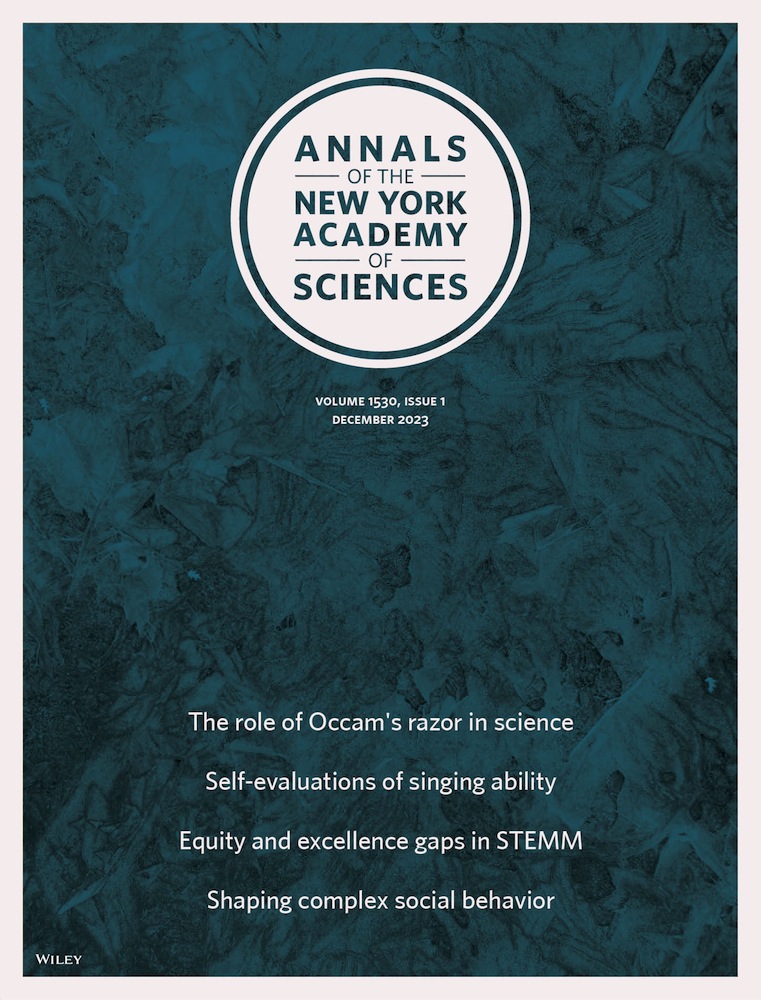Implementing a telephone-based support program to address loneliness in older adults.
IF 4.8
3区 综合性期刊
Q1 MULTIDISCIPLINARY SCIENCES
引用次数: 0
Abstract
Social isolation and loneliness are key social determinants of health linked to poor outcomes. While telephone-based support programs have some evidence, their implementation remains understudied. We evaluated the Friendship Line, a 24-h telephone-based support program for older adults, using an implementation science lens. This included structured questionnaires and semi-structured interviews with staff (N = 13), volunteers (N = 17), and older adult callers (N = 27), totaling 57 participants. Qualitative data were analyzed thematically and mapped onto the Consolidated Framework for Implementation Research. Six key features were identified for the success of telephone-based loneliness support programs: (1) fostering trust and reliability through 24-h access; (2) creating a safe and nonjudgmental space; (3) ensuring consistency and relationship building; (4) balancing stability and adaptability during changes; (5) securing ongoing funding; and (6) providing specialized training focused on loneliness and aging. These programmatic features contributed to caller satisfaction, reduced loneliness, and improved connectedness. Effective and sustainable telephone-support lines addressing social isolation and loneliness require multifactorial strategies, including skill development, robust organizational infrastructure, and tailored training to meet the diverse needs of callers.实施以电话为基础的支持计划,以解决老年人的孤独感。
社会孤立和孤独是与不良结果相关的健康的关键社会决定因素。虽然基于电话的支持计划有一些证据,但它们的实施仍未得到充分研究。我们评估了“友谊热线”,这是一个针对老年人的24小时电话支持项目,采用了实施科学的视角。这包括对工作人员(N = 13)、志愿者(N = 17)和老年人来电者(N = 27)进行结构化问卷调查和半结构化访谈,共57名参与者。定性数据按主题进行分析,并映射到实施研究综合框架。通过电话孤独感支持项目的成功,我们确定了六个关键特征:(1)通过24小时访问培养信任和可靠性;(2)创造一个安全的、无偏见的空间;(3)确保一致性和关系建立;(4)在变化过程中平衡稳定性和适应性;(5)确保持续的资金;(6)提供以孤独和老龄化为重点的专业培训。这些程序化的功能有助于提高呼叫者的满意度,减少孤独感,并改善连通性。解决社会孤立和孤独问题的有效和可持续的电话支助线路需要多因素战略,包括技能发展、健全的组织基础设施和有针对性的培训,以满足呼叫者的不同需求。
本文章由计算机程序翻译,如有差异,请以英文原文为准。
求助全文
约1分钟内获得全文
求助全文
来源期刊

Annals of the New York Academy of Sciences
综合性期刊-综合性期刊
CiteScore
11.00
自引率
1.90%
发文量
193
审稿时长
2-4 weeks
期刊介绍:
Published on behalf of the New York Academy of Sciences, Annals of the New York Academy of Sciences provides multidisciplinary perspectives on research of current scientific interest with far-reaching implications for the wider scientific community and society at large. Each special issue assembles the best thinking of key contributors to a field of investigation at a time when emerging developments offer the promise of new insight. Individually themed, Annals special issues stimulate new ways to think about science by providing a neutral forum for discourse—within and across many institutions and fields.
 求助内容:
求助内容: 应助结果提醒方式:
应助结果提醒方式:


